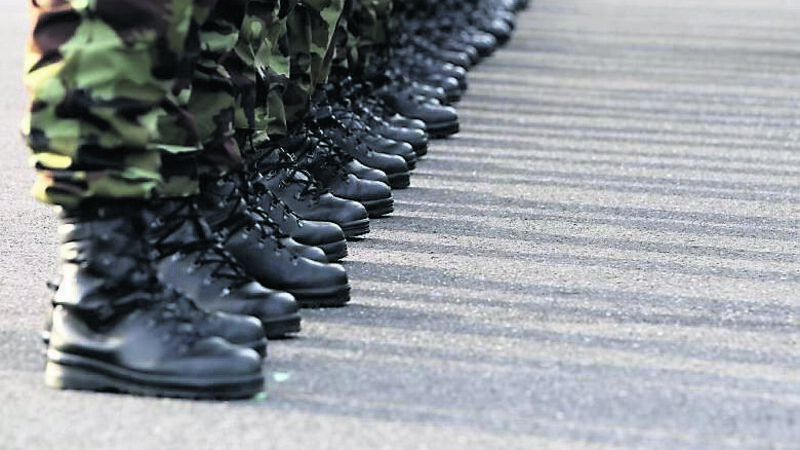Letters to the Editor: Irish defence forces in Middle East only serve Israel’s aims

Irish soldiers have been serving in Lebanon and the Middle East since 1958. Forty-nine Irish soldiers lost their lives on these missions, 47 of them while serving with UNIFIL and two with UNTSO. Picture: Sam boal/Photocall Ireland
Speaking this week on the Claire Byrne programme, Cathal Berry TD said it is in Ireland’s “vital interest” that Irish troops stay in Lebanon to prevent the regional war from escalating.
Irish soldiers have been serving in Lebanon and the Middle East since 1958. Forty-nine Irish soldiers lost their lives on these missions, 47 of them while serving with UNIFIL and two with UNTSO.
Already a subscriber? Sign in
You have reached your article limit.
Subscribe to access all of the Irish Examiner.
Annual €130 €80
Best value
Monthly €12€6 / month
Introductory offers for new customers. Annual billed once for first year. Renews at €130. Monthly initial discount (first 3 months) billed monthly, then €12 a month. Ts&Cs apply.
CONNECT WITH US TODAY
Be the first to know the latest news and updates
















